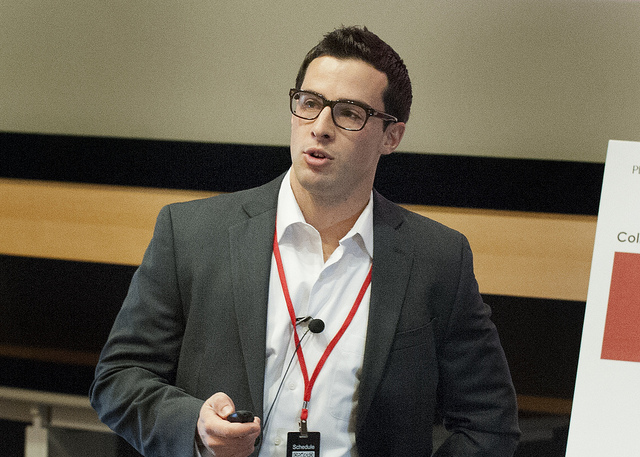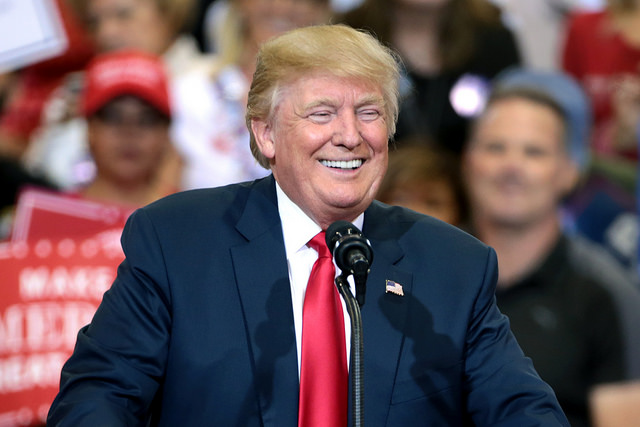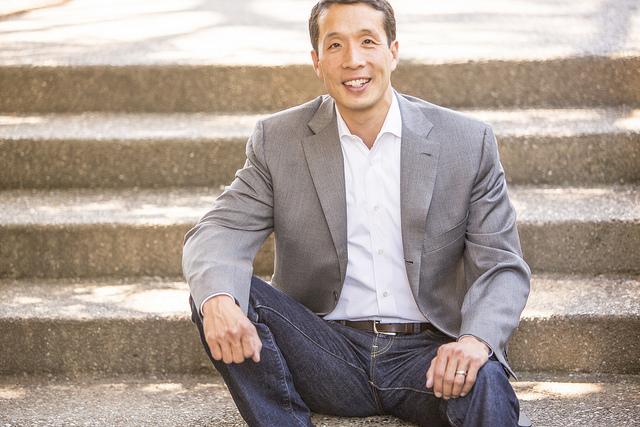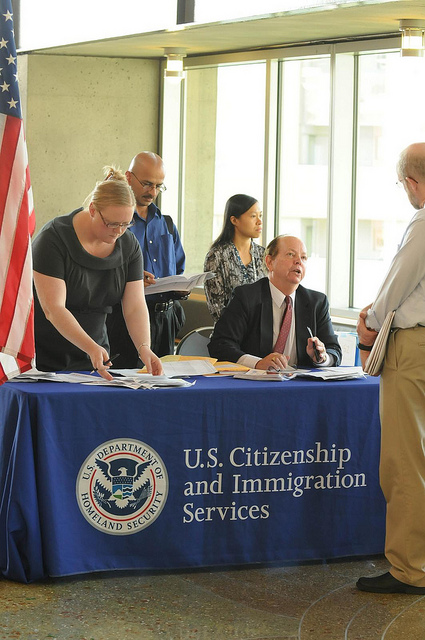The start of the FY 2020 H-1B cap season begins on April 1, 2019. This year, USCIS will offer premium processing services in a two-phased approach to avoid temporary suspension of the service.
Change of Status H-1B Cap Petitions
Starting April 1, FY 2020 cap-subject H-1B petitioners requesting a change of status on their Form I-129, Petition for a Nonimmigrant Worker, may request premium processing by concurrently filing Form I-907, Request for Premium Processing Service.
However, to prioritize data entry for cap-subject H-1B petitions, USCIS will not begin premium processing for these petitions immediately.
USCIS will begin premium processing for these petitions no later than May 20, 2019 and will notify the public before premium processing begins for these petitions.
If a petitioner does not file Form I-907 concurrently with an FY 2020 H-1B cap-subject petition requesting a change of status, the petitioner must wait until premium processing begins to submit Form I-907.
All Other FY 2020 Cap-Subject Petitions
Premium processing services for all other FY 2020 cap-subject H-1B petitions will not begin until at least June 19, 2019. Cap-subject petitioners who are not requesting a change of status may not submit their premium processing request concurrently with their H-1B petition. These petitioners will be eligible to upgrade to premium processing once premium processing begins for this group. USCIS will notify the public with a confirmed date for premium processing for cap-subject petitioners not requesting a change of status. Continue reading
 Visa Lawyer Blog
Visa Lawyer Blog










